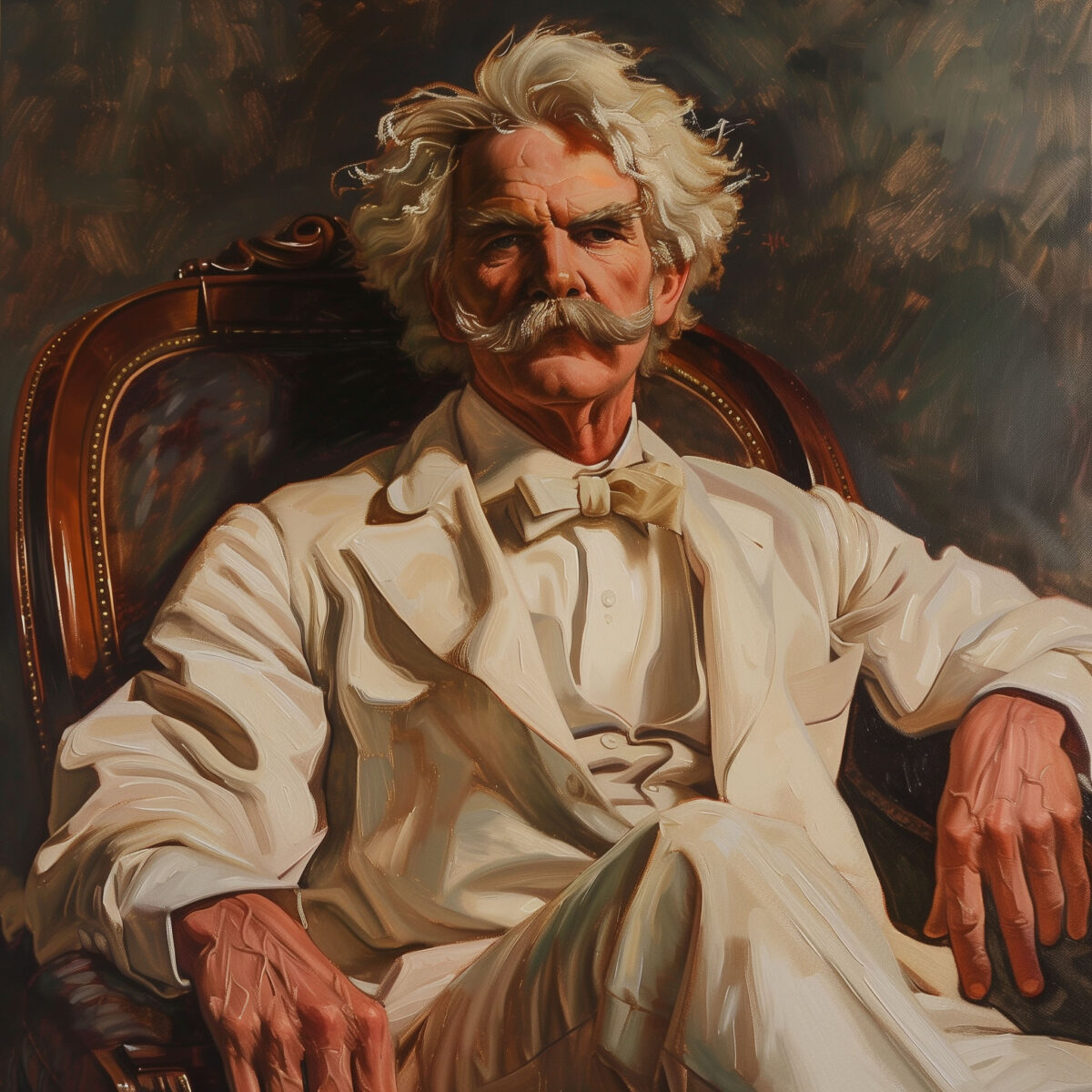Mark Twain’s Civil War
edited by David Rachels, University Press of Kentucky, Lexington, 2007, 232 pages, $30.
During 1877, in his first public remarks about his Civil War career, Mark Twain described his early days as a raw second lieutenant from Missouri. His decidedly unmilitary recruits were peppering him with demands for umbrellas and Worcestershire sauce, he claimed, when “of course at such a time as this the invader must come around pestering us again—as much as two hours before breakfast, too, when nobody wanted to turn out, of course. This was carrying the thing too far. The whole command felt insulted.” As one man, according to Twain, the outfit threw in the towel and left for home: “I hung up my sword and returned to the arts of peace, and there were people who said I hadn’t been absent from them yet. We were the first men that went into the service in Missouri; we were the first that went out of it anywhere.”
As a soldier, Mark Twain (Samuel Clemens) didn’t amount to much. But his war-related writings, gathered together by editor David Rachels in Mark Twain’s Civil War, provide plenty of laughs, and also hint at how his brief fling with soldiering affected him. The stories are divided into fiction and nonfiction accounts, although as Rachels points out, when it comes to Twain, those are subtle distinctions. Highlights include “The Private History of a Campaign That Failed”; “General Grant’s Grammar”; the biting “Lucretia Smith’s Soldier”; the little known “Coda: Battle Hymn of the Republic,” an acerbic, anti-imperialistic retelling of the Julia Ward Howe classic; and other inspired efforts.
While Mark Twain’s self-deprecating accounts of his Union service still continue to provoke laughs from today’s readers, they have failed to humor some Missourians. In 1940, when a new Twain stamp was scheduled for release in the author’s adopted hometown of Hannibal, Missouri congressmen protested. Representative Joseph B. Shannon declared that the famed humorist “was not of the same kidney as real Missourians.” In a tidy introduction, Rachels examines this incident, Twain’s deeper feelings about war and killing, and the decidedly negative views he came to hold toward slavery and the “romance” of the old South.
Originally published in the June 2008 issue of Civil War Times. To subscribe, click here.





